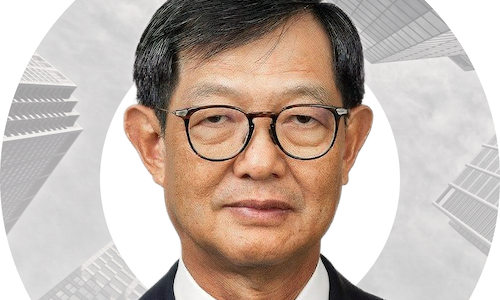The outlook is gloomy for Hong Kong’s property market – a staple leader of least affordable housing worldwide – with various headwinds including rising interest rates and ongoing emigration.
Last month, Hong Kong’s largest lender HSBC announced that it had raised its Hibor-linked home loans from 2.5 percent to 2.75 percent. This was in response to the Hong Kong Monetary Authority’s (HKMA) new rates which increased in lockstep with the Federal Reserve’s four rate hikes this year with expectations of another 50-75 basis point increase in September.
Standard Chartered stated that it would follow suit while other local lenders said they were closely monitoring market conditions and reviewing their own businesses.
This does not bode well for Hong Kong’s housing market which has already been under pressure from ongoing emigration and a weakening economy.
Housing Forecast
According to a housing index by major local property agency Centaline, home prices in the city have already fallen nearly 7 percent year-to-date.
During a recent conference, Joseph Tsang, chairman of global commercial property services firm JLL, reportedly said that home prices in Hong Kong are at the start of a downward cycle, predicting a 5-10 percent decrease this year and the potential for a 20-30 percent drop in the longer term.
Separately, Goldman Sachs forecasts that Hong Kong’s property market could fall 20 percent by 2025.
Population Decrease
Rising interest rates are not the lone factor for slipping prices and weakening sentiments. Hong Kong is undergoing an unprecedented population decrease after political unrest, strict health controls and other factors in recent years drove tens of thousands to leave the city.
According to recent census data, Hong Kong’s population fell for the second straight year by 1.6 percent, as of mid-2022, with 80 percent attributable to net outflows of residents – equivalent to 113,200 people.
Hong Kong's economy is also under pressure after it slipped into recession from a 1.4 percent GDP contraction in the second quarter following a 3.9 percent contraction in the first quarter.
Not All Bad News
It’s not all bad news for Hong Kong’s housing market. For example, there are still economic policy levers that could help government support the housing market such as the recently suggested property stamp duty relaxation for mainland Chinese buyers which is currently set at 30 percent on all purchases.
And even if such measures are not rolled out and Hong Kong’s market dips lower, this may not be undesirable for local authorities. Prior to the start of chief executive John Lee’s term, the Hong Kong & Macau Affairs Office (HKMAO) – China’s top office for overseeing the city – issued a statement in June that detailed a list of issues to be addressed by the new leader, including local concerns like housing. The current Fed rate hikes and the HKMA’s mirroring moves could allow the government to passively achieve this goal.
According to a recent report by MoneyTransfers, Hong Kong was the least affordable housing market in 2022, topping the list for 12 consecutive years with a median multiple of 23.2.

























